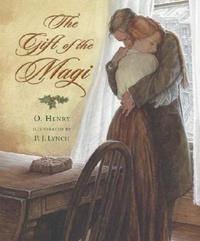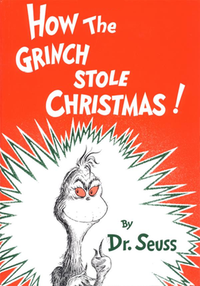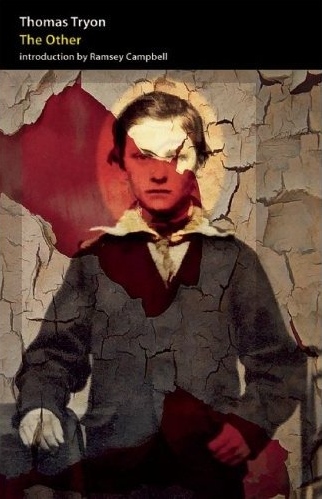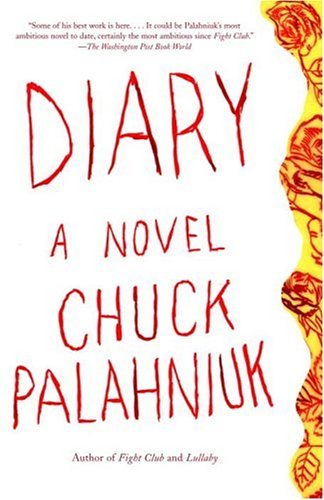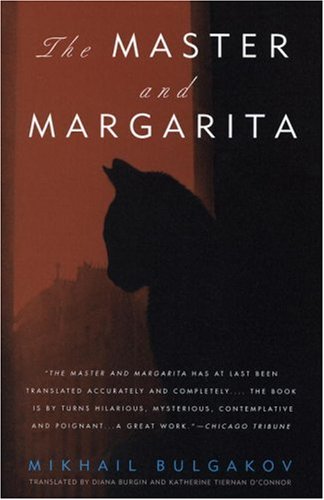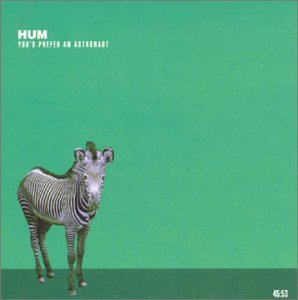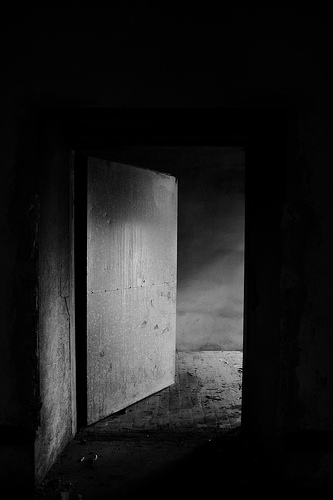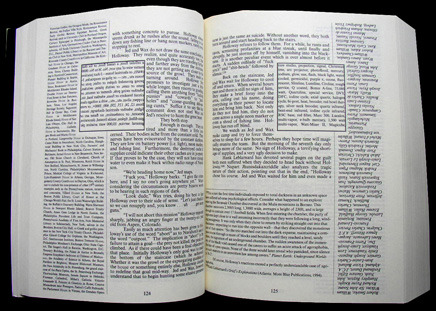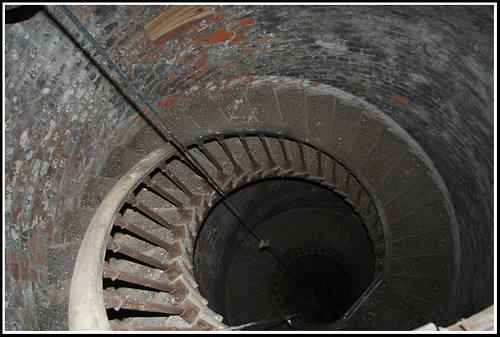I've been making an effort over the last year to read much more than I have in previous years. My finished list at this point only contains about 60 books, which is pretty pitiful. I've also been trying to read more authors that I've heard are good, but simply haven't read. On this list: Haruki Murakami, Don DeLillo, Gilbert Sorrentino, Steven Millhauser, David Mitchell, and finally Paul Auster.
I started with
Leviathan after having done some research into the man and heard from many that this was a good one to start with. The night I settled in to begin the book, I had planned on finishing most of it as it was a relatively short novel at 275 pages. The first paragraph had me hooked:
"Six days ago, a man blew himself up by the side of the road in northern Wisconsin. There were no witnesses, but it appears that he was sitting on the grass next to his parked car when the bomb he was building accidentally went off. According to the forensic reports that have just been published, the man was killed instantly. His body burst into dozens of small pieces, and fragments of his corpse were found as far as fifty feet away from the site of the explosion."
Pretty gripping, right? And it was...for about ten pages. We find that the narrator was friends with the deceased and we join up with him to figure out what led up the events before the FBI can solve the case. But what follows for at least the next 120 pages is merely backstory upon backstory upon backstory. I finally had to quit the book halfway through because, while the prose is incredibly strong, I kept falling asleep. It didn't matter what time of day I opened the book, everything that followed the mention of the explosion was such a snooze-fest that I stopped caring. Worse still, I forgot that the narrator's friend had been blown up by a bomb of his own making.
This is not a good thing, to forget the inciting incident of the story laid out before us. Paul Auster's prose here is solid and easy to follow, but he seems more interested in getting into the relationships of the characters rather than the reasoning behind why someone would want to build a bomb on the side of a highway. There's a case to be made that the two are completely intertwined; relationships can help illuminate the reasons for a character's behavior, but when the story takes such a huge detour, the story suffers because of it. There's not much in the way of present action to offset the retelling of the past in any substantial way. This makes the whole point of the bomb intro completely unnecessary and exploitative, as if it were merely a gimmick.
But wait, you might exclaim, how can you slam a book when you didn't even bother finishing it? A valid question. Perhaps the story rights itself after the place where I chose to stop, but after other people told me to try
The New York Trilogy, and I read it, I have no doubt that I made the right decision. I'm not sorry I stopped reading the book, but I am sorry I bought it.
The New York Trilogy is a set of three stories described as such:
"City of Glass" - As a result of a strange phone call in the middle of the night, Quinn, a writer of detective stories, becomes enmeshed in a case more puzzling than any he might have written.
"Ghosts" - Blue, a student of Brown, has been hired by White to spy on Black. From a window of a rented room on Orange Street, Blue keeps watch on his subject, who is across the street, staring out of his window.
"The Locked Room" - Fanshawe has disappeared, leaving behind his wife and baby and a cache of extraordinary novels, plays, and poems. What happened to him and why is the narrator, Fanshawe's boyhood friend, lured obsessively into his life?
These sounded like more my speed. They felt off-beat enough to keep my attention and seemed to have a kind of authorial playfulness to them that
Leviathan most assuredly did not. On top of that, they were all a third the size of the novel, so I didn't think I'd have to worry about losing interest as fast.
"City of Glass" turned out to be a fairly engaging story. A man gets a phone call from a husband and wife who are scared that the man's father has returned to kill them. The couple believe Quinn to be Paul Auster, a private detective Quinn can't seem to find. Quinn decides to act like the main character of his own detective novels in order to find out exactly how dangerous this father may be to the couple. What emerges is a very strange tale of biblical allusions about the Tower of Babel, language, and one man's getting wrapped up in the mind of his own character. There wasn't much of a conclusion to this one, which was disappointing as it had a lot of promise, despite it being the longest of the three stories (158 pages). Where
Leviathan failed in investing me in the characters, "City of Glass" completely had me interested in the interconnectedness of those involved. But again, the ending fell way flat for such an interesting premise.
"Ghosts" failed where Palahniuk's
Fight Club succeeded. An existential story about (another!) detective of sorts, the reader finds out that Blue is essentially paid (by an unseen White) to follow Black. White (who is posing as Black) turns out to simply be another side of Blue, but it's not necessarily explained how or why. Blue is engaged to a future Mrs. Blue, but gives up that life in order to take on this job. He is happy, hasn't much to complain about, and lives in a pre-paid, furnished apartment across the street from Black's so that he may keep a constant vigil on his movements.
Auster builds up great tension by having Blue dress up and act as different people in order to engage Black in conversations throughout, even having him dress in homeless garb (a mimicry of a long stretch of pages in "City of Glass") to try and eke something out of Black. There is the rumination on Blue's part about men not living the lives they should be living, but there's never much of a conclusion to this one, save for Blue's ending the case in violence and running away. He never even really contemplates going back to his fiancee, who he mentions a few times, but not often enough for us to think he genuinely loves the woman. What few twists appeared in the text weren't terribly interesting and I saw one or two coming from a long way off.
In "The Locked Room," the unnamed narrator is called to the home of an old boyhood friend. The friend has gone missing, leaving behind a pregnant wife and a collection of writings that are apparently so good, they need to be published. Told from the perspective of the unnamed narrator, there is a strange lack of dialogue, despite these brief moments being the most interesting parts of the story. Auster is great at telling us what other characters think and how they feel, but coming from such an in-depth first person point of view, I feel like I'm being made to assume the narrator can read minds. This lack of actual dialogue between characters ends up making the story feel more like a monologue than a short story. There aren't a lot of successful or interesting stories that take this approach; dialogue is pretty damn important when you're dealing with a cast of more than twenty characters.
The exposition is more telling than showing; he breaks down each new character mentally by describing them physically, but then speculates on their emotional states. It's a bit much as 80% of the story is told through narration rather than conversation. I realized thirty pages into this one that this is what annoys me most about Auster's writing - there is not enough true, on-the-page interaction between his characters in order to make believe these events actually happen. Considering the mental states of the narrators he's created thus far, I'm able to buy the premise of each story, but not necessarily the exposition or the conclusion.
The narrator ends up filling the gap that his friend Fanshawe leaves behind; he becomes confidante, and then lover, to Fanshawe's wife. He becomes father to Fanshawe's child and eventually becomes Fanshawe's biographer, a bit of the story that feels unhinged and ridiculous, especially when we watch the narrator focus in on a stranger in a Parisian bar, call him Fanshawe, then chase the man through the Paris streets before getting himself pummeled by the stranger.
Even more strange, just before this scene, Auster writes that the narrator of "The Locked Room" is also the author of "City of Glass" and "Ghosts," but it's done so off-handedly as to make the reader think "well, that must have been an afterthought because it doesn't make much sense yet." There's a little mention of some connective tissue later on in regards to previous stories, but it's just that; a mention, not enough of a thing for one to look backwards through the text in search of answers.
I'd rather not ruin the ending, but the final scene ends up leaving a lot to be desired. After 134 pages, my initial reaction was "and?" The psychology at play doesn't quite seem to jive, but coupled with the drawn-out monologue-like prose (I often felt like I was plodding through a literary desert), the whole piece feels self-indulgent for the sake of being self-indulgent. On a sentence level, the writing is strong. Very strong. Auster has a wealth of great lines and sections throughout. But on a story level, the writing leaves me feeling empty; I lose my connection to EVERY character involved and rather than swing towards one or the other side of the emotional pendulum, I find myself sitting motionless right in the middle, uninterested in the plights or rationalizations of these characters.
I would not recommend Paul Auster to anyone who wants both strong writing and strong storytelling. Based on these two books, he's at his best when in the middle of dialogue, but there's not enough of it on the page to warrant reading more of him.
(4,171)




